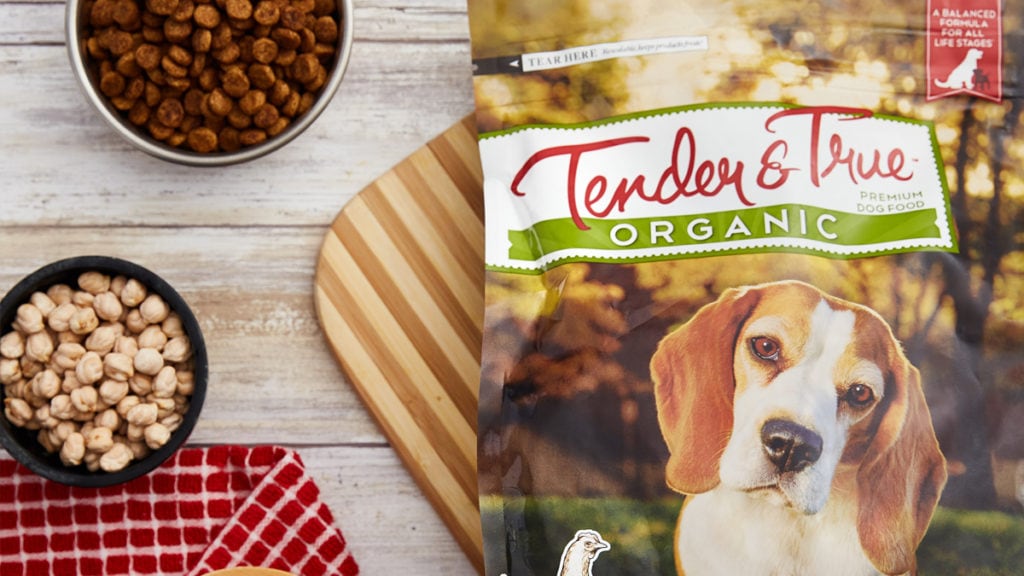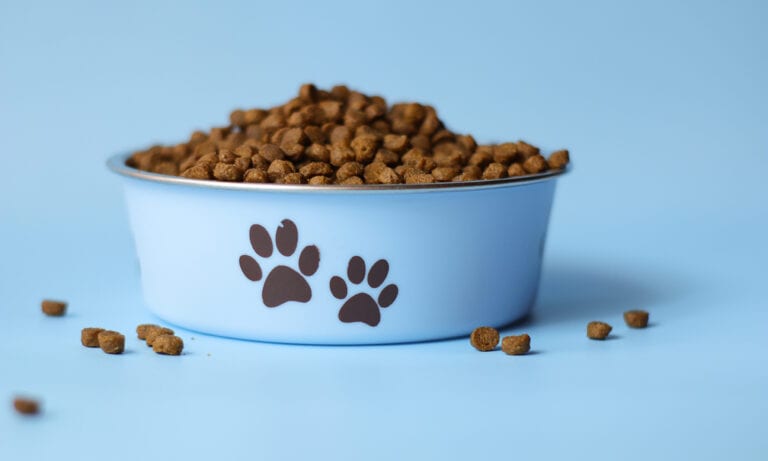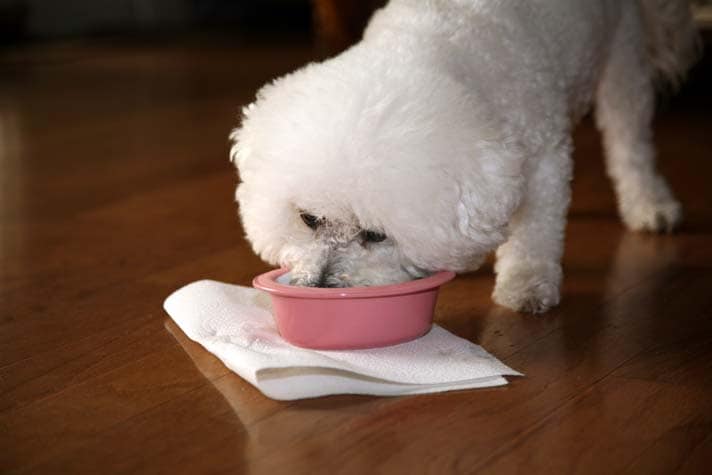Global Animal Partnership Certification and What That Means for Your Pet
Pet nutrition has become a hot topic in the pet owner community. People are caring more and more about what they put into their faithful companions’ bellies, which means more pet food brands are working to find ways to meet new expectations for their food.
One issue that many animal-welfare conscious pet owners face is finding a cat or dog food that sources their ingredients from humane and sustainable producers. There is a plethora of labels that pet food brands will slap onto their food with claims of being organic and humanely sourced, but how are we supposed to know if they hold any real meaning?
The Global Animal Partnership (GAP) is working to provide pet owners with a solution to just that. Diane McDade, Business Development Manager at Global Animal Partnership, explains, “There is very little regulation in the pet food industry when it comes to the ingredients used, so Global Animal Partnership offers a way for brands to get a meaningful label that actually requires validation.”
What Does GAP Certification Mean?
GAP is working towards ensuring that meat products are sourced from welfare-friendly farms that promote the humane treatment of their farm and ranch animals. GAP believes that ranch and farm animals such as cows, broiler chickens, turkeys, sheep, pigs, goats, bison and laying hens, all deserve the highest levels of humane treatment, which they define using their three core principles: natural living, health and productivity, and emotional well-being.
The GAP organization works to recognize and certify companies, farms and ranches that meet their animal welfare standards so that consumers can be more thoughtful and knowledgeable when deciding which meat products to purchase.
In order to earn a GAP certification title, there is a thorough application and auditing process that each farm or ranch must go through. Once they have been audited, their GAP certification is broken into six possible ratings. Each step signifies a certain level of humane treatment:
- Step 1: No cages, no crates, no crowding
- Step 2: Enriched environment
- Step 3: Enhanced outdoor space
- Step 4: Pasture-centered
- Step 5: Animal-centered; no physical alterations
- Step 5+: Animal-centered; entire life on same farm
These steps are also individualized to each specific animal to ensure that they maximize their quality of life. So when you see a “GAP-Certified” label at the supermarket, it will also have a step designation to let you know what level of humane treatment the source of that meat adhered to.
It’s important to note that there is no lifetime guarantee for GAP certification. The farms that have been certified are continually audited to ensure that they are maintaining the humane practices that GAP stipulates. Diane McDade elaborates, “Each GAP-certified producer or farm is audited every 15 months. We have chosen 15 months so that we can see the farm in every season to ensure the animals meet GAP standards throughout every season of the year.”
How Does GAP Certification Affect My Pet?
McDade explains, “GAP-Certified foods appeal to the animal welfare-minded consumers that want a label that is actually meaningful and third-party verified.” For a pet food brand to acquire a GAP certification, their meat must meet the same requirements as the meat produced for human consumption.
The American Society for the Prevention of Cruelty to Animals (ASPCA) program, Shop With Your Heart, aims to identify meaningful welfare certification for consumers and pet owners alike. Among the three programs that meet their requirements for a meaningful certification label is the Global Animal Partnership label from Step 2 and up. This means that the GAP certification must: 1) require farms to meet standards high enough to address animals’ basic physical, emotional and natural needs, and 2) have clear oversight protocols designed to ensure participating farms are meeting those standards.
One brand that can be found on both the Shop With Your Heart site and the GAP-certification site is Tender & True. The entire line of pet foods offered by Tender & True is certified organic, humanely raised, grain-free, antibiotic-free and sustainably raised. As Dr. Tom Willard, animal nutritionist and Director of Product Development at Tender & True, explains, “Tender & True received their GAP certification in 2014 and was the first pet food on the market to offer GAP-Certified dog and cat food options.” He further elaborates that, “Every protein ingredient that is sourced for our Tender & True pet foods will be sustainably and humanely raised.” That is a staple of their brand and one of the business ethos that they strictly adhere to. Even their seafood-based pet food option, Sustainable Seafood dry dog food and dry cat food as well as the canned dog food and canned cat food versions, have been certified by the Marine Stewardship Council as sustainably raised.
For dogs, Tender & True offers a selection of GAP-Certified foods:
- Tender & True Organic Chicken & Liver Recipe Grain-Free Dry Dog Food: Step 3 GAP-Certified
- Tender & True Organic Chicken & Liver Recipe Grain-Free Canned Dog Food: Step 3 GAP-Certified
- Tender & True Antibiotic-Free Natural Chicken & Brown Rice Recipe Dry Dog Food: Step 2 GAP-Certified
- Tender & True Antibiotic-Free Natural Chicken & Brown Rice Recipe Canned Dog Food: Step 2 GAP-Certified
For cats, Tender & True offers:
- Tender & True Antibiotic-Free Natural Chicken & Brown Rice Recipe Canned Cat Food: Step 2 GAP-Certified
- Tender & True Antibiotic-Free Natural Chicken & Brown Rice Recipe Dry Cat Food: Step 2 GAP-Certified
- Tender & True Organic Chicken & Liver Recipe Grain-Free Dry Dog Food: Step 3 GAP-Certified
- Tender & True Organic Chicken & Liver Recipe Grain-Free Canned Cat Food: Step 3 GAP-Certified
Tender & True take their ingredients very seriously. Dr. Willard explains, “Customers can relate to Tender & True products better than other pet foods because they can recognize the ingredients they see in our products as ingredients they find in their own food. On top of that, our ingredients are all sourced from humane and sustainable suppliers.” He further elaborates, “Every ingredient we use has a nutritional function; there are no fillers used.” So even the most health-conscious consumer can rest assured that their pet is getting a nutritious and well-balanced meal that was made with animal welfare in mind.
Share:



















